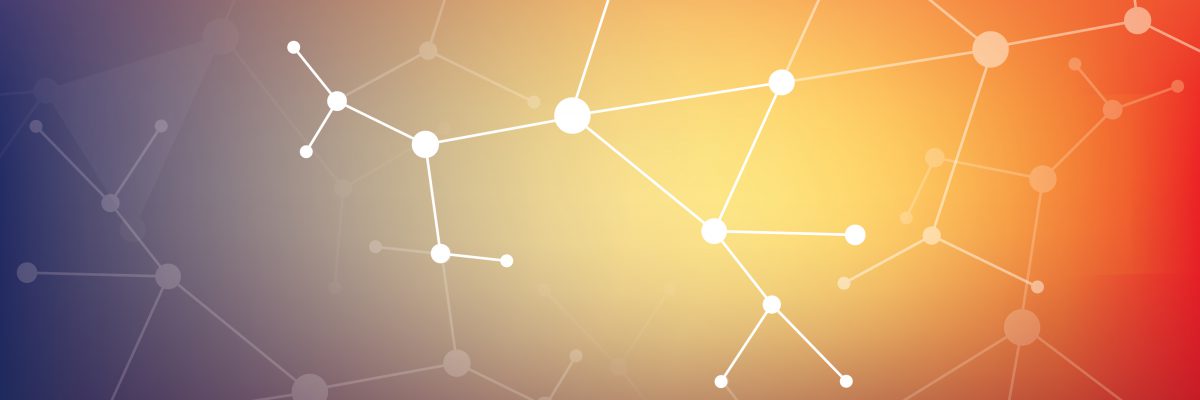
Podcast: Markus Wettstein of Humboldt University of Berlin joins this episode to discuss subjective age and its implications for health benefits, general well-being, and possible cross-cultural differences.
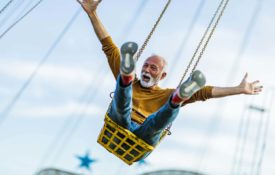
This professor of psychiatry and neurology leads a longitudinal biomarker study of early-onset Alzheimer’s disease.
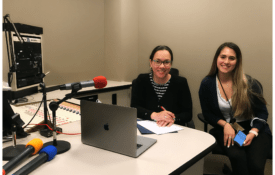
When a person receiving care has dementia, the caregiver is much more likely to experience depression or anxiety, especially if they have high levels of emotional empathy.

The energy produced by these organelles is essential for powering everything we do, and that includes using our brains to learn, think, and feel.
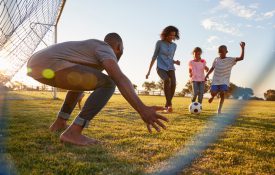
Scientists from Europe and North America share the latest findings on the promise and limitations of video games, “smart” drugs, and other tactics that people are turning to for cognitive enhancement.
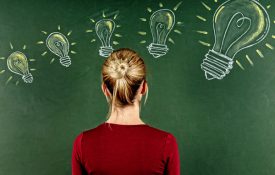
Bilingualism appears to have a positive influence cognitive reserve — the way the brain responds to neuropathological damage.

Some brains stay strong despite showing all the biological signs of dementia. Psychological science is identifying specific lifestyle defenses against cognitive decline.

Findings indicating a decline in older adults’ theory of mind abilities may have been exaggerated by the cognitive demands of certain experimental designs.
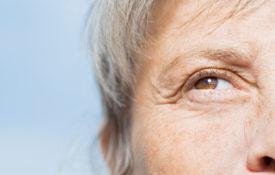
Education provides little protection against the onset of cognitive declines but can boost the cognitive skills. [August 10, 2020]
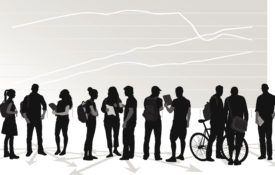
A new field of research called cognitive hearing science holds particular significance for people with hearing impairments, whose inner ears don’t capture complete auditory information for the brain to process.
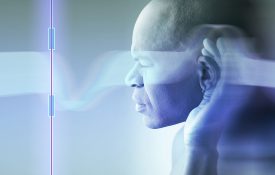
A simple 3-minute test may accurately identify older drivers who are at heightened risk of serious accidents because of cognitive decline.

The powerhouse of the cell could also hold the secrets to healthy aging.

Researchers explore the science of what changes, and what stays the same, as we age. Topics include the lifelong impact of childhood experiences, mitochondria's powerful role in healthy aging, and the need for a new "map of life" as life expectancies increase.
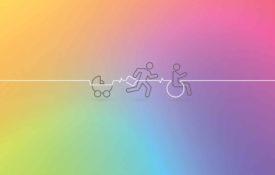
The National Academies of Science, Engineering, and Medicine conducts studies and issues reports on various topics of interest to the science community and broader public. One such study of interest to psychological scientists, titled the "Decadal Survey of Behavioral and Social Sciences Research on Alzheimer’s Disease and Alzheimer’s Disease-Related Dementias" is currently underway
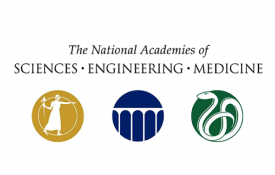
Psychological scientists with expertise in aging and Alzheimer’s disease, and its related dementias are encouraged to apply for funding from the National Institute on Aging to lead workshops or short summer courses on the topic.

NIA has released a new grant opportunity to support scientists in conducting research using automobile technology and automobile data to detect early signs of cognitive impairment in older drivers.
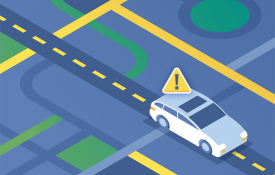
The technology revolution is raising new questions for both the science and the applications of psychology. Can mental health care be delivered remotely over the Internet? Can we use neuroimaging technology to adaptively control our
Developmental psychology will become increasingly interdisciplinary, incorporating genetics, cell biology, the brain, the environment, and more, APS Board Member Annette Karmiloff-Smith projects in a just-released “Inside the Psychologist’s Studio” interview. Karmiloff-Smith, a highly influential developmental
The Huffington Post: Phineas Gage is arguably the most famous case study in the history of neuroscience. Gage was a railroad worker who in the autumn of 1848 was helping to prepare a new roadbed
Most people carry two copies of chromosome 21, but people with Down syndrome carry three copies. This chromosome is the location of the amyloid precursor protein (APP), which produces the beta-amyloid plaques associated with Alzheimer’s